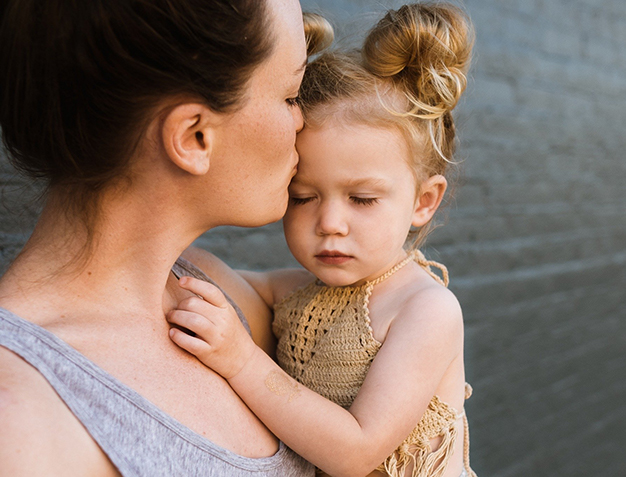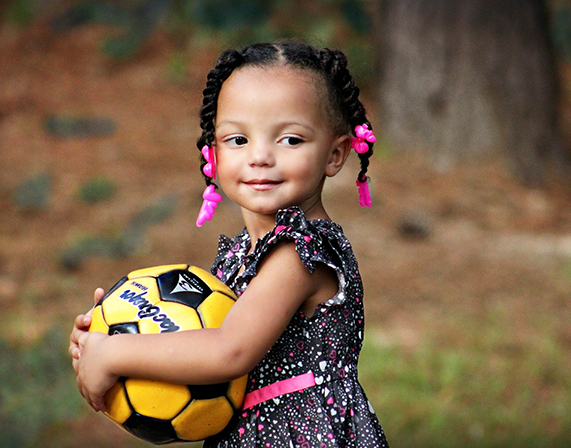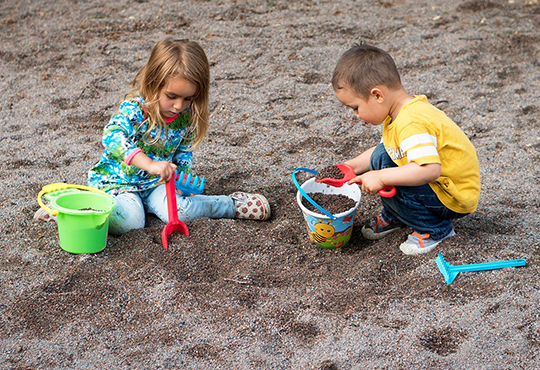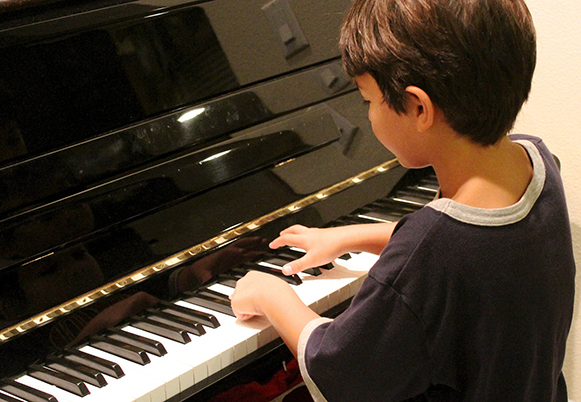(Posted 2020 November, Updated 2024 October)
Many parents want their children to have a life that is free from stress, worry and struggle. It is only natural to wish the best for your children, but in reality, life is full of unpredictable challenges. A big part of a parent’s job is teaching children how to face those challenges, navigate through them and ultimately overcome them. That is a skill that children need to develop as they are growing up, and as they inevitably make the transition into adulthood and out of their safety net.
 You’ve heard the saying, “If you fall off the horse, get right back on.” Like a rider who faces his fears and climbs back in the saddle, a resilient person demonstrates flexibility and determination in the face of life’s challenges and disappointments. They don’t give up easily and they are able to recover from any setback.
You’ve heard the saying, “If you fall off the horse, get right back on.” Like a rider who faces his fears and climbs back in the saddle, a resilient person demonstrates flexibility and determination in the face of life’s challenges and disappointments. They don’t give up easily and they are able to recover from any setback.
If you have ever watched a baby learning to walk, then you know that children are hardwired for resilience. Babies fall down over and over again, and their determination to walk propels them to get back up and keep trying until they are cruising from one piece of furniture to the next, then running while you try to catch up.
Getting up and trying again after failing is an act of courage, and children demonstrate this from an early age. So, how can parents encourage a spirit of resiliency and help it to blossom in their children?
 When a baby sees others walking, he imagines that he can do it too. When adults like parents and grandparents encourage him as he is pulling up and starting to take steps, the joy and excitement they express only encourages his persistence in the face of frustration. If he is upset when he falls, receiving a comforting hug from a caretaker can help him to reset and try again.
When a baby sees others walking, he imagines that he can do it too. When adults like parents and grandparents encourage him as he is pulling up and starting to take steps, the joy and excitement they express only encourages his persistence in the face of frustration. If he is upset when he falls, receiving a comforting hug from a caretaker can help him to reset and try again.
As children grow up, they continue to look to adults for how to handle themselves when larger disappointments come. Learning to set the table, ride a bike, or play an instrument are examples of challenging tasks older children face. It is guaranteed that no child will get it right the first time. Parents can help teach and guide, set age-appropriate expectations, praise children for doing their best, and for keeping a positive attitude. This helps children to know that failure is not the end, just a stepping stone. If you see your child being too hard on themselves, talk with them about setting better expectations for themselves, being kind to themselves, learning to forgive themselves for failing, and perseverance.
 A child must be able to manage her own frustration and disappointment to be able to try a difficult task again and again. Sometimes it’s okay to have a good cry and express frustration. However, going back to the example of a baby, she quickly learns that crying might get her picked up from the floor, but it doesn’t make her able to walk. If she wants to move around on her own, she has to overcome the frustration and keep trying.
A child must be able to manage her own frustration and disappointment to be able to try a difficult task again and again. Sometimes it’s okay to have a good cry and express frustration. However, going back to the example of a baby, she quickly learns that crying might get her picked up from the floor, but it doesn’t make her able to walk. If she wants to move around on her own, she has to overcome the frustration and keep trying.
As your child gets older you can help them develop greater emotional regulation, the ability to control impulses and emotions. Participating in activities that develop self-discipline, like sports or music or martial arts, and playing with other children can support your child’s social emotional development.
 Safety, stability, trust, and belonging are all derived from healthy relationships. Children who are learning to walk rely on adults to keep them protected while they are learning. You pad the sharp edges of the furniture, cover the floor to soften their fall, and add the baby gate to keep them from tumbling down the stairs. They can safely learn to walk, because you have made home a safe, nurturing place for them.
Safety, stability, trust, and belonging are all derived from healthy relationships. Children who are learning to walk rely on adults to keep them protected while they are learning. You pad the sharp edges of the furniture, cover the floor to soften their fall, and add the baby gate to keep them from tumbling down the stairs. They can safely learn to walk, because you have made home a safe, nurturing place for them.
This carries over in other situations. Your children need to know that they have a safe place with you and other family members and friends. They benefit from a positive structure within the family, having caring, loving warmth through childhood, and having an encouraging and stimulating environment. They need you to teach them how to bond and interact in a positive, loving way with family members, friends, teachers, mentors and others. If you model healthy relationships for your children, it will help them to build similar relationships on their own. That network of caring people can be a support to them when they are feeling down or in crisis.
 As your child grows up, there will be more opportunities for them to build on these skills to become more resilient. Your job as a parent is to encourage them to keep on facing challenges, help them develop strategies for dealing with them, and be there to be a support when they need help or comfort. This is all part of the process of preparing your child to become an independent adult who can bounce back on their own.
As your child grows up, there will be more opportunities for them to build on these skills to become more resilient. Your job as a parent is to encourage them to keep on facing challenges, help them develop strategies for dealing with them, and be there to be a support when they need help or comfort. This is all part of the process of preparing your child to become an independent adult who can bounce back on their own.
The Parenting Education Programs is enrolling for upcoming classes. Join us for more information about positive and effective ways parents can interact with their children at every age and stage of development. We would love to hear from you. If you have questions or feedback about the topic in this article, send an email to us.
This posting is part of the Department of Family Services' Community Corner where you’ll find timely information about upcoming events, parenting and wellness tips, programs and services, and more! Share these helpful posts with your friends and family. Don't miss out on future postings! Sign up today!

